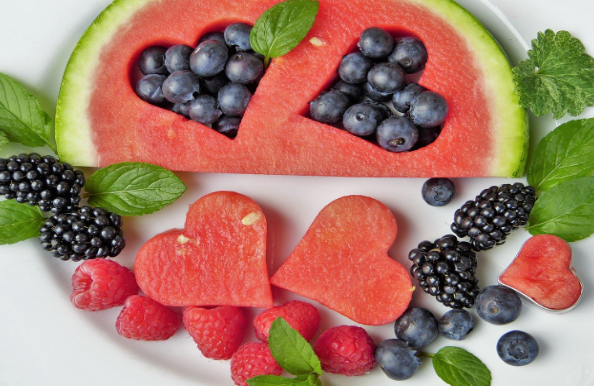
Overview
The COVID-19 pandemic has affected billions of people around the world, enforcing a strict quarantine and other precautionary measures.
If you have been following this issue closely, you would know that the immune system is the most important factor that protects our bodies from this deadly virus.
Therefore, it is extremely important to keep healthy habits even during the quarantine for immune system optimization.
In this article, we will cover one factor –superfoods– that may optimize the activity of your immune system and reduce the risk of infections.
Note that I said “optimize” and not “boost” because the latter is not backed up by science, and any attempt to boost the immune system can be more devastating than its deficiency.
What is a superfood?
Scientifically speaking, a superfood is not an official classification since most people use it as a marketing strategy to describe a food that’s loaded in nutrients.
However, “superfoods” are supposed to provide the most health benefits for people. It’s important to keep in mind that there is no magical food that’s going to heal all your diseases and make you healthy.
Each superfood has its particular nutritional values, which may be helpful for people with known deficiencies.
The benefits of superfoods
Listing all the benefits of superfoods is no easy task. This is because each food is structurally unique, which reflects the type of benefits it offers.
For instance, berries have been shown to decrease the risk of coronary artery disease, chronic inflammatory illnesses, and some types of cancer; this effect is attributed to the potent antioxidants found in this fruit.
Another example would be kefir, which carries several benefits, including improved digestion, reduced inflammation, and increased basal metabolic rate (BMR).
As you can see, each superfood has its own benefits, which is why we shouldn’t count on one food element to cover all the deficiencies.
A smart move would be to combine many foods to attain the maximum value.
Here is a list of the most common superfoods:
- Salmon
- Blueberries
- Broccoli
- Eggs
- Greek yogurt
- Beans
- Walnuts
- Oatmeal
Note that the list is by no means comprehensive since there is no unified definition of a superfood.
Conclusion
Despite how beneficial some foods are, one should be careful when being the subject of an advertisement.
You see, most marketers are in this business for a quick profit, and therefore, they would tell you anything to sell their product.
This means that you’ll see a lot of false claims and misleading information to persuade you into buying that alleged “superfood”, where in reality, you could get more nutritional value from the store next to your home.
This is to say that you should do your research before buying any product, especially if the claims are too good to be true.
If you have any questions about superfoods, feel free to ask in the comment section below.
